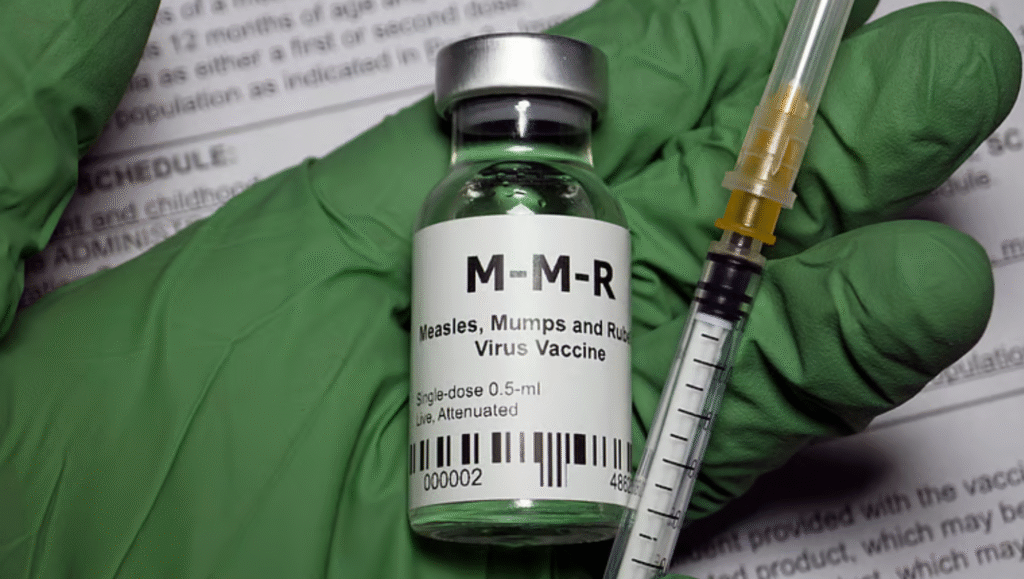Nepal Declared Free of Rubella
Syllabus: Health, International Reports (UPSC Pelims)
Source: DTE
Context:
On August 18, 2025, the WHO declared Nepal free of rubella as a public health problem, making it the first country in WHO’s Southeast Asia Region to achieve this milestone.
About Rubella
- Also called German measles, rubella is a highly contagious viral disease spread through respiratory droplets.
- Particularly risky during pregnancy, as it can cause miscarriage, stillbirth, or Congenital Rubella Syndrome (CRS) in infants.
Symptoms of Rubella
- Fever (initial stage, mild)
- Rash starting on the face and spreading across the body
- Conjunctivitis, headache, muscle pain
- Tender/swollen lymph nodes
- General malaise
- Many infections are asymptomatic, complicating detection.
Problems in Unborn Babies (CRS)
Rubella infection during pregnancy can cause:
- Heart disease
- Microcephaly (small head size)
- Hearing loss
- Vision problems
Treatment & Prevention
- No specific antiviral treatment is available.
- Supportive care: rest, hydration, fever management.
- Vaccination is key: MMR vaccine (Measles, Mumps, Rubella) prevents infection.
India’s Status
- India still reports sporadic rubella cases.
- Measles-Rubella (MR) Campaign (2017): Vaccination drive for children aged 9 months–15 years.
- Target: Elimination of measles & rubella by 2023–24, aligned with WHO’s South-East Asia regional goals.
Nepal’s success underscores the importance of universal immunisation, robust surveillance, and health campaigns for rubella elimination.











